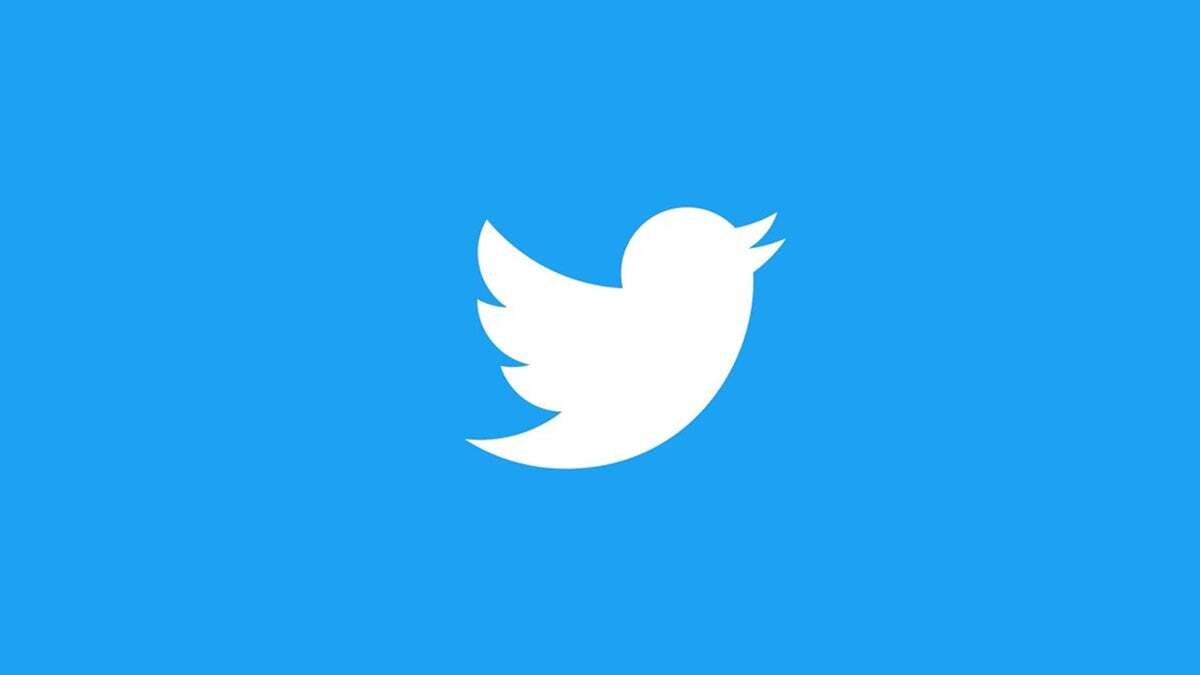To say that Elon Musk is having a tough time with his purchase of Twitter would be a gross understatement. Almost from the moment that Musk closed on the $44 billion transaction in October 2022, the multi-billionaire was like a struggling fisherman trying to land that huge fish on his line. Most of the problems that Musk faced were self-inflicted. He fired employees without realizing how important some were to running Twitter daily. He tried various monetization schemes and at one point warned that Twitter could file for bankruptcy.
With all the problems that Musk has had with Twitter, including making statements that ticked off his major advertisers (such as Apple, IBM, Disney, Sony, Warner Bros. Discovery, Lionsgate, and Paramount Global) who then fled the platform, what was his reasoning for making the purchase in the first place? Surely the man who runs Tesla and has amassed one of the largest personal fortunes in the world had a plan to turn Twitter into something besides “X” before buying the company.
According to an upcoming book about the Twitter acquisition called “Battle for the Bird” by Kurt Wagner, which drops on February 20th, Musk’s purchase of Twitter might have been inspired by revenge. A Twitter account titled @ElonJet was tracking Musk’s private jet and the multi-billionaire asked then-Twitter CEO Parag Agrawal to take down the account. Agrawal refused.


Musk killed off the Twitter name and the iconic logo
An excerpt from the book says, “Musk had also unsuccessfully petitioned Agrawal to remove a Twitter account that was tracking his private plane; the billionaire started buying Twitter shares shortly after Agrawal denied his request.” Just days after the deal was completed, Musk said that he wouldn’t close the @ElonJet account because of his “commitment to free speech.” A month later, Musk banned the account.
Saying one thing and then quickly changing his mind became a Musk hallmark and it drove Twitter users crazy during the beginning of Musk’s reign over the platform, especially when it came to the blue verification checkmark which Elon was hoping to monetize. Based on equity grants handed out to key employees in March 2023, Musk was valuing Twitter at $20 billion, less than half what he paid for it, just five months after his purchase of the platform.
Not too many high-profile executives could afford to buy a social media icon on a whim. Musk supposedly does have a long-term goal of turning what is now known as “X” into a super app like China’s WeChat that can handle instant messaging, mobile payments, and social media posts. It’s actually not a bad idea. But Musk might not have the temperament to see it through.
#book #explains #Musk #bought #Twitter #Youll #guess #motivation


